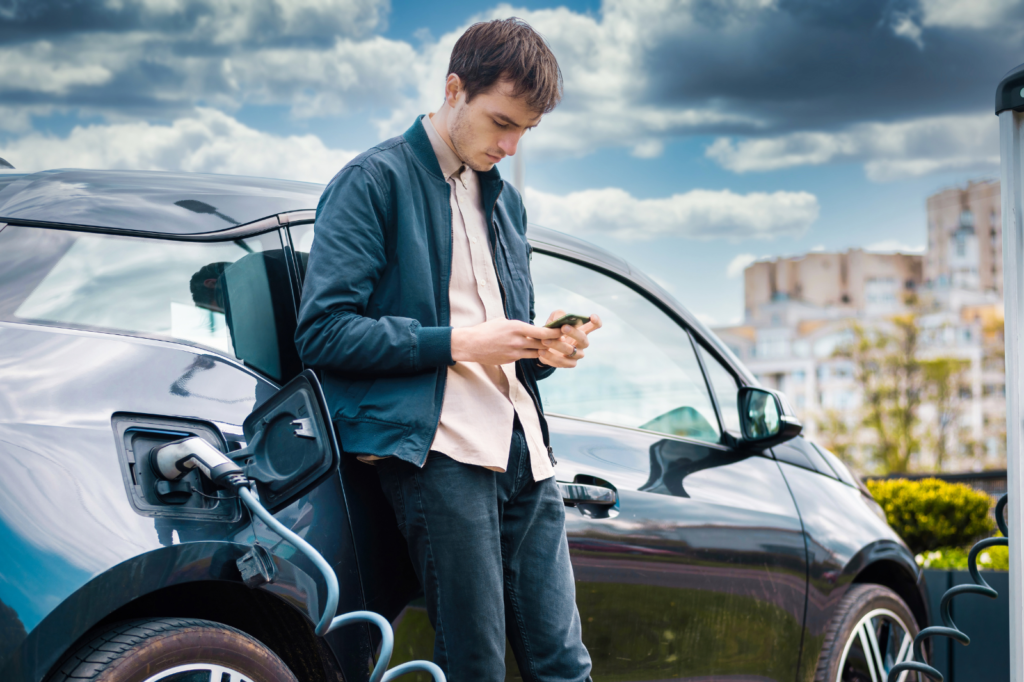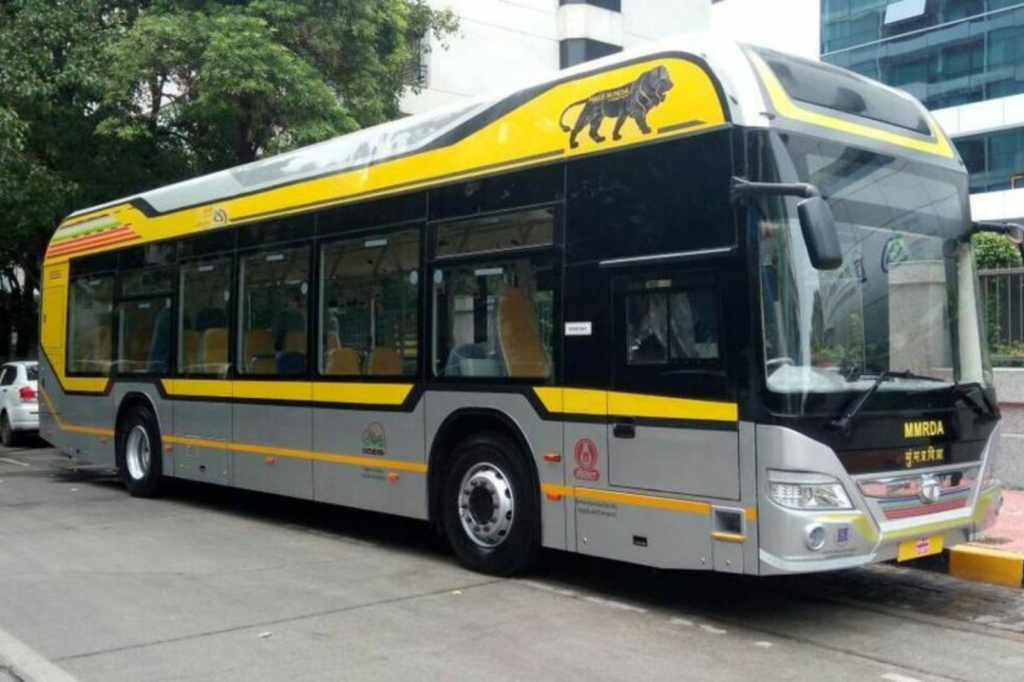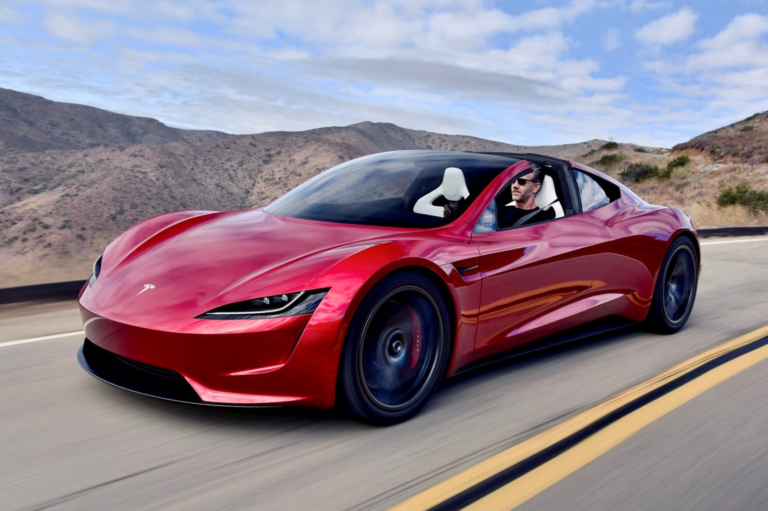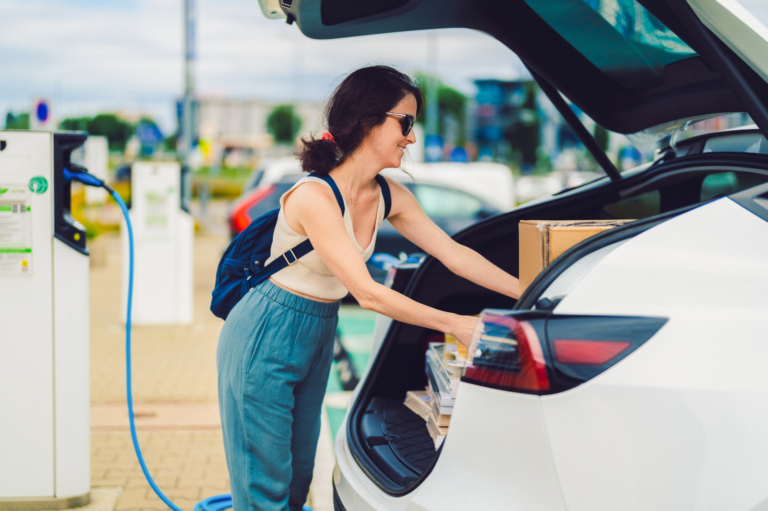Silent Wheels, Cleaner Air: Explore the 8 Positive Benefits of Electric Vehicles in 2023

"
In this article, we will explore the advantages of electric vehicles and how they can transform India’s urban landscape.
Let's dive right in..
- Table of Content
- Adopting electric vehicles (EVs) goes beyond environmental benefits
- Your Breathing Easier With EV
- EVs will Help to Reduce Respiratory Problems due to Pollution.
- EVs Silently Contribute to Lowering Noise Pollution
- Reduced Exposure to Harmful Chemicals
- A Heart-Healthy Drive
- Enhanced Quality of Life And A Smoother Ride
- Minimized Allergy Symptoms
- Enhanced Active Transportation
- Electric Vehicles can Promote a Healthier Workplace Environment
- Final Thoughts
Have you ever noticed?
In the bustling cities of India, where the streets are packed with vehicles and the air quality is a growing concern, a silent revolution is taking place—the rise of electric vehicles (EVs). Electric vehicles, commonly known as EVs, are automobiles powered by electricity instead of conventional fossil fuels.
As we strive for a greener and more sustainable future, EVs offer a ray of hope, presenting numerous benefits that positively impact our environment and individual well-being. In this article, we will explore the benefits of electric vehicles and how they can transform India’s urban landscape.
For big cities, sustaining oneself with electric vehicles is still a challenge because we still don’t have a compatible ecosystem. But the good part is that the government and corporations consistently work to overcome such challenges by introducing economically efficient Public Buses powered by electricity.
These days in some petrol filling stations, you can also find Ola Electric Points to charge your electric vehicles, and the average cost to charge fully is ₹8, although it depends on which state you live in. Understand! Total Range per charge: 85 km/ charge.
Also, Odisha Government has a fully compatible Application that gets you the exact time and location of the bus, making it easier and much more accessible for all. Also, since the operation cost is minimal, we assume the Odisha Government could offer discounts to senior citizens. Well, in this system, what would have cost you around ₹10 per from one point to another, it cost ₹5 to senior citizens.
And senior citizens of Odisha are in absolute love with this pricing system.
So obviously, the introduction of electric vehicles not only gives you economic liberty but you contribute to building a sustainable environment.
So we have got you covered with the benefits of electric vehicles here.

Adopting electric vehicles (EVs) goes beyond environmental benefits
Here’s the truth
Adopting electric vehicles (EVs) goes beyond environmental benefits; it also has a transformative impact on the quality of life for individuals in India.
Here are a few imaginative examples to illustrate how EVs can improve the quality of life in India:
1. Commuting in Mumbai
Mumbai, known for its bustling streets and heavy traffic, can benefit significantly from electric vehicles. By adopting EVs, commuters can experience smoother and quieter rides, reducing stress and enhancing their overall well-being. Furthermore, the reduced emissions from EVs can contribute to cleaner air, relieving respiratory issues and improving public health.
2. Sustainable Tourism in Kerala
Kerala’s serene backwaters and lush landscapes attract tourists worldwide. Integrating electric vehicles in the state’s tourism industry offers visitors an eco-friendly and sustainable mode of transportation to explore scenic beauty. Electric boats and buses contribute to a quieter and pollution-free tourism experience, allowing travelers to immerse themselves in the natural wonders of the region fully.
3. Last-Mile Delivery in Bengaluru
With the rise of e-commerce and online shopping, efficient and environmentally friendly last-mile delivery solutions are vital. Electric delivery vehicles provide a sustainable alternative, reducing air and noise pollution in densely populated areas like Bengaluru.
Using EVs for delivery services enhances logistics efficiency and creates a cleaner and healthier urban environment. For example, Yulu has already become a common means of rent-a-EV. The people of Bangalore have welcomed this change, and now it has become a part of their ecosystem.
Sounds too good to be true, right? But these scenarios are already taking shape as we speak. 310 EKA9 electric buses will be deployed soon in states like Haryana, Kerala, and Arunachal Pradesh to expand EV public transport fleet. And more such deployments are not far away.

Benefits of Electric Vehicles
1. Your Breathing Easier With EV
This is how it works.
One of the most pressing issues in India is air pollution, which poses a severe threat to public health. The adoption of electric vehicles brings a significant advantage—zero tailpipe emissions. By eliminating the release of harmful pollutants into the atmosphere, EVs help combat air pollution and create cleaner, fresher air for all.
As EV adoption increases, we can envision a future where cities breathe easier, with reduced levels of harmful particulate matter and pollutants like nitrogen oxides.
In India, the level of air pollution in its major cities has reached alarming levels. For instance, cities such as Delhi, Mumbai, and Kolkata have been consistently ranked among the most polluted cities globally.
By transitioning to electric vehicles, India can significantly reduce air pollution levels. A study by The Energy and Resources Institute (TERI) estimated that widespread adoption of EVs in India could significantly reduce emissions, thereby improving air quality. The study also highlighted that EVs have the potential to reduce carbon dioxide emissions by up to 37% by 2030.
Moreover, the government of India has been taking steps to promote electric vehicle adoption through initiatives like the Faster Adoption and Manufacturing of (Hybrid &) Electric Vehicles (FAME) scheme, which provides incentives and subsidies to buyers of EVs. These efforts aim to accelerate the transition towards cleaner mobility and combat the air pollution crisis.
2. EVs will Help to Reduce Respiratory Problems due to Pollution.
Let’s get into it
Air pollution has always been closely linked to respiratory health issues, such as asthma and chronic bronchitis. We all have read this in our textbooks as kids. The combustion of fossil fuels in traditional vehicles releases a range of harmful fumes and pollutants into the air, exacerbating respiratory problems among the population.
A World Health Organization (WHO) report estimated that air pollution in India causes around 2.5 million premature deaths each year. This staggering number emphasizes the urgent need to address the air quality crisis.
Multiple studies confirm the positive impact of electric vehicles on respiratory health. Research published in Environmental Health Perspectives showed that widespread adoption of EVs in the United States could prevent thousands of premature deaths annually by improving air quality and reducing respiratory problems.
Similarly, a study by researchers from the University of Cambridge and the University of Oxford focused on Delhi, India, estimating that transitioning to electric vehicles and cleaner energy sources would significantly reduce air pollution-related respiratory diseases and mortality rates.
The Indian Institute of Technology (IIT) Kanpur’s study on air pollution sources in Indian cities emphasized the substantial contribution of vehicular emissions, mainly from traditional vehicles, to poor air quality and respiratory health problems. Electric vehicles were identified as a sustainable solution to address these pressing issues.
Electric vehicles solve this pressing issue by significantly reducing air pollution and improving respiratory health.
3. EVs Silently Contribute to Lowering Noise Pollution
Imagine this
You are driving through a highway or a main road of your city. But you don’t hear the constant revving of engines. You can still hear desi drivers honking their EVs, but that’s about it.
As electric vehicles glide silently through the streets of India, another benefit becomes apparent—reduced noise pollution. The quiet operation of EVs can mitigate the constant honking and rumbling engines that define urban soundscapes.
This reduction in noise pollution not only enhances the overall quality of life for individuals but also contributes to a more serene and peaceful urban environment.
4. Reduced Exposure to Harmful Chemicals
This is a Healthier Choice
Conventional vehicles emit harmful chemicals, including carbon monoxide and volatile organic compounds, which harm our health.
The 4 harmful fumes emitted by conventional vehicles include:
- Particulate Matter (PM): These are tiny particles suspended in the air, including PM10 (particles with a diameter of 10 micrometers or less) and PM2.5 (particles with a diameter of 2.5 micrometers or less). These particles can penetrate the respiratory system, causing respiratory symptoms and exacerbating existing conditions.
- Nitrogen Oxides (NOx): These pollutants are produced when fossil fuels are burned at high temperatures, primarily in internal combustion engines. NOx contributes to the formation of ground-level ozone and particulate matter, which can trigger respiratory problems and worsen lung conditions.
- Sulfur Oxides (SOx) : These pollutants are mainly emitted by diesel fuel vehicles. SOx can irritate the respiratory system and exacerbate respiratory conditions such as asthma and bronchitis.
- Volatile Organic Compounds (VOCs) : These are emitted by various sources, including vehicle exhaust, industrial processes, and household products. VOCs can react with nitrogen oxides in sunlight to form ground-level ozone, a harmful pollutant that can cause respiratory issues.
Electric vehicles, on the other hand, produce no tailpipe emissions, minimizing our exposure to these dangerous substances. By transitioning to EVs, India can prioritize the well-being of its citizens and create a safer environment free from the toxic effects of these chemicals.
5. A Heart-Healthy Drive
Let me explain
Air pollution is not just a respiratory concern; it also poses a significant risk to cardiovascular health. Studies have established a clear link between prolonged exposure to air pollution and an increased risk of heart attacks and strokes.
By adopting electric vehicles and reducing air pollution, we can pave the way for improved cardiovascular health among the people of India. Breathing cleaner air means giving our hearts a break and reducing the burden of cardiovascular diseases.
6. Enhanced Quality of Life And A Smoother Ride
Let’s jump right in
Owning an electric vehicle benefits the environment and enhances our daily lives. EVs offer convenience and cost-effectiveness, with lower operational and maintenance costs than traditional vehicles.
Additionally, as EV adoption grows, we can expect to witness improved transportation infrastructure, reduced traffic congestion, and increased accessibility to charging stations, all contributing to a smoother and more efficient commute.
7. Minimized Allergy Symptoms
Let me show you how
Air pollution exacerbates allergy symptoms and triggers allergic reactions. By embracing electric vehicles and curbing air pollution, we can alleviate the suffering of individuals prone to allergies.
Cleaner air means reduced exposure to allergens, providing a breath of relief to those affected. Embracing EVs can create an environment where allergy sufferers experience milder symptoms and find respite from the burdensome effects of pollution-induced allergies.
8. Enhanced Active Transportation
So, let’s take a closer look.
In addition to the environmental and economic benefits, electric vehicles (EVs) promote active transportation and foster a healthier lifestyle. By embracing EVs in India, individuals can embark on a healthy journey while contributing to a more sustainable future.
One of the notable aspects of enhanced active transportation is the emergence of electric bicycles and scooters. These electric-powered two-wheelers provide a convenient and eco-friendly mode of transportation, particularly for short-distance commuting and leisure activities.
In cities like Delhi, Bengaluru, and Pune, electric bicycles and scooters are gaining popularity as viable alternatives to traditional vehicles. Commuters can effortlessly navigate through congested streets, bypass traffic, and reach their destinations faster, all while enjoying the benefits of physical activity.
In India, smart city initiatives in Bhopal have introduced an electric bicycle sharing system, allowing residents and visitors to rent electric bicycles for short trips conveniently. This promotes active transportation, reduces traffic congestion, lowers carbon emissions, and enhances the health and well-being of Bhopal’s population.
Similarly, electric scooter rentals have gained popularity in Goa, providing tourists and locals with an eco-friendly way to explore scenic landscapes and coastal areas while embracing an active and sustainable approach.
Furthermore, cities like Lucknow have witnessed the rise of electric rickshaws, offering affordable and environmentally friendly short-distance travel options that contribute to improved urban environments and public health by reducing air and noise pollution.
9. Electric Vehicles can Promote a Healthier Workplace Environment
Read how it works
Integrating EVs into company fleets reduces harmful emissions and contributes to cleaner air in and around workplaces. This cleaner air has a direct impact on employee health, leading to improved respiratory function and a decrease in respiratory-related ailments. Employees can breathe easier and enjoy a fresher, more pleasant atmosphere, ultimately enhancing their overall well-being.
Studies have shown that air pollution, including vehicle emissions, can harm workplace productivity. Traditional vehicles emit harmful pollutants that can seep into indoor spaces, leading to poor indoor air quality. This can result in various health issues, including respiratory problems, allergies, and reduced cognitive function.
By transitioning to EVs, companies actively work towards minimizing air pollution levels, thus creating a healthier environment for employees. Cleaner air promotes clearer thinking, reduces the risk of respiratory illnesses, and enhances cognitive function, increasing productivity and job satisfaction.
In addition to the direct health benefits, adopting EVs can also positively impact employee morale and engagement. Employees who work for companies committed to sustainability and reducing their environmental footprint often feel a sense of pride and purpose.
The availability of EV charging infrastructure at workplaces further supports employees who choose electric vehicles as their mode of transportation, making their daily commute more convenient and stress-free.
Real-life examples demonstrate the positive effects of EV adoption on workplace environments. Companies in Bangalore and Hyderabad have taken proactive measures by incorporating EVs into their fleets.
These companies contribute to a healthier work atmosphere and set an example for others to follow, inspiring a broader shift towards sustainable practices and a greener future.
Final Thoughts
To wrap it up
"
Electric vehicles are not just a technological advancement, but a necessity for building a sustainable future. By embracing EVs, we can drive positive change, reduce pollution, and create a cleaner and greener India for generations to come.”
– Ratan Tata
Picture a future in India where electric vehicles (EVs) have become the norm, transforming the transportation landscape and creating a sustainable society. In this vision, cities are free from air pollution and noise, offering clean and peaceful environments for residents. EVs have revolutionized commuting, providing convenience and cost-effectiveness while reducing carbon emissions.
India’s infrastructure seamlessly supports EV charging, making clean energy accessible and powering a greener future. By embracing EVs, India leads the way in sustainable mobility, inspiring global efforts to combat climate change. Let us envision this electric future, where cleaner air, quieter streets, and a healthier nation are within our reach.
Subscribe to new post
The One Liner
Useful Links
Order Related Queries
Useful Links
Order Related Queries






